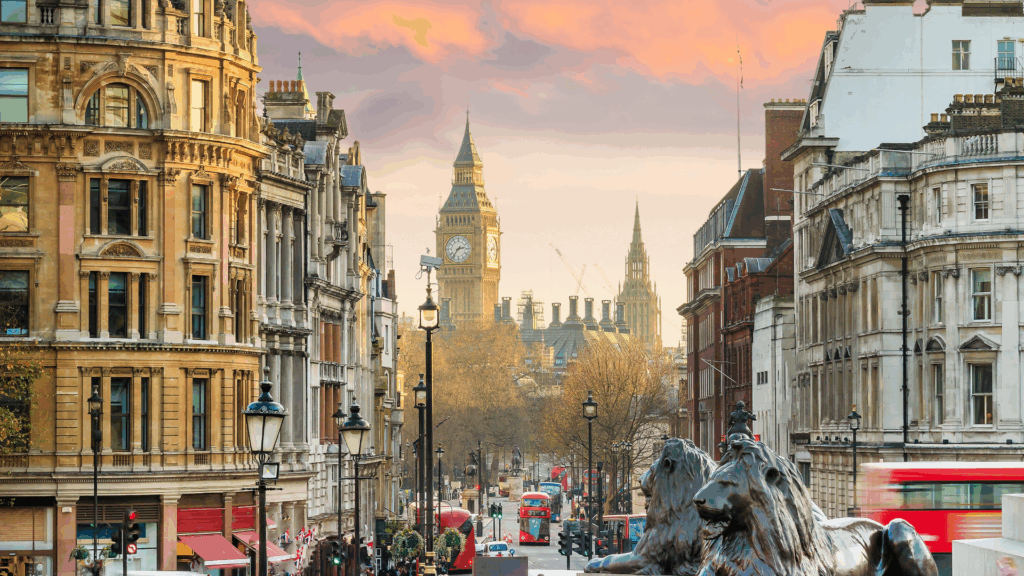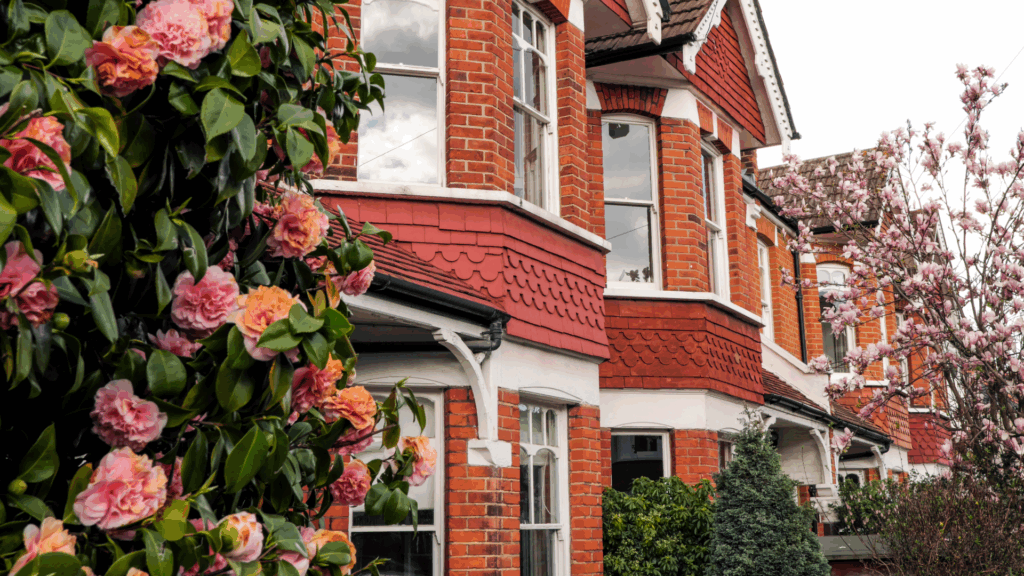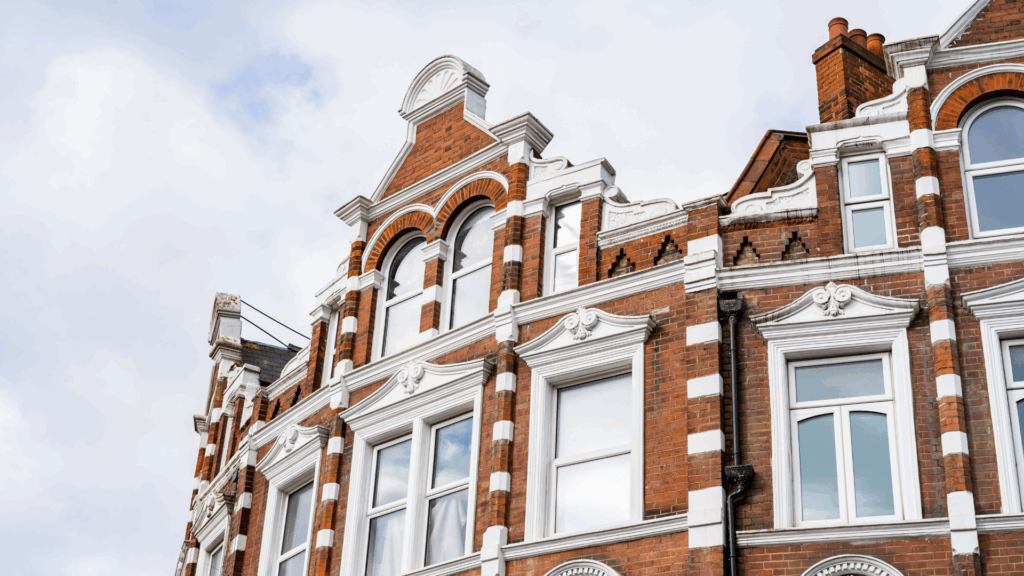Savers in the UK need a “seriously large pension pot” if they want to stop work early and have a comfortable retirement, according to a new report.
The analysis by Interactive Investor shows that someone who wants to retire at 55 in 2024 and enjoy what is classed as a comfortable lifestyle will need to have £1.3m set aside. This is an extra £495,000 compared to the same worker retiring at the state pension age of 67.
To retire at 60 a worker would need just under £1.1m for a comfortable retirement, which is £315,000 more than if they retired at age 67.
Moderate and minimum living standards
For a moderate retirement, Interactive Investor calculates that someone stopping work at 55 needs a pension pot of £857,000, an extra £350,000 compared to retiring at the state pension age of 67. To retire at 60 they would need £679,000, or £220,000 more than if they retired at age 67.
What about the minimum level? The research found that a 55-year-old needs a pension pot of £215,000 to fund a minimum standard of living in retirement, an additional £145,000 compared with retiring at age 67. A 60-year-old would need £158,000 — an extra £95,000.
“This would give you a modest income of around £15,000 each year, which is only really liveable if you have no housing costs,” explained Alice Guy, head of Pensions and Savings at Interactive Investor.
What’s behind the three lifestyle levels?
Taking into account spending such as housing, food, transport, holidays and personal expenses, the Pensions and Lifetime Savings Association (PLSA) Retirement Living Standards are often used as a benchmark to show what life in retirement could look like.
The minimum level incorporates what members of the public think is required to cover a retiree’s needs, not just to survive but to live with dignity — including social and cultural participation. It includes grocery shopping, a week’s holiday in the UK, eating out about once a month and some affordable leisure activities about twice a week. It does not cover the cost of running a car.
At the moderate level, retirees would be able to spend more on groceries and eating out, run a small second-hand car, and have a week’s holiday in Europe and a long weekend break in the UK. At the comfortable level retirees would also have the budget for luxuries like regular beauty treatments, theatre trips and longer holidays.
‘You may need more than you think’
The amounts needed to retire early factor in future inflation and needing to plug the gap before becoming eligible for the state pension.
“Many of us dream of early retirement but to get there in style you’ll need a seriously large pension pot,” said Alice Guy.
“With many of us living for longer, retiring early could mean you need to fund over 30 years in retirement and inflation has a big impact on how much you need, £100,000 saved now will be worth a lot less in 15 years, meaning you may need more than you think to achieve a decent standard of living in retirement.”
Retirement expectations
Just over half (52%) of workers in the UK with a defined contribution (DC) pension are confident they will have a comfortable retirement, according to a survey by Barnett Waddingham.
Most confidence is driven by having other investments and owning a property outright. One in five of those who feel confident cited their workplace pension, but this may not be enough on its own.
The number one reason for people not expecting a comfortable retirement was not having enough money saved in their pension pots. Other concerns included future costs for housing and care.
Barnett Waddingham partner and head of DC pensions, Mark Futcher, recommended paying in more to your pension as early as possible, especially after a pay rise when you won’t notice the impact on your take-home pay. Make sure you are getting the maximum contribution from your employer in your workplace pension. And find out how much you have in all of your pension pots to help understand if you’re on track with your retirement savings.

















